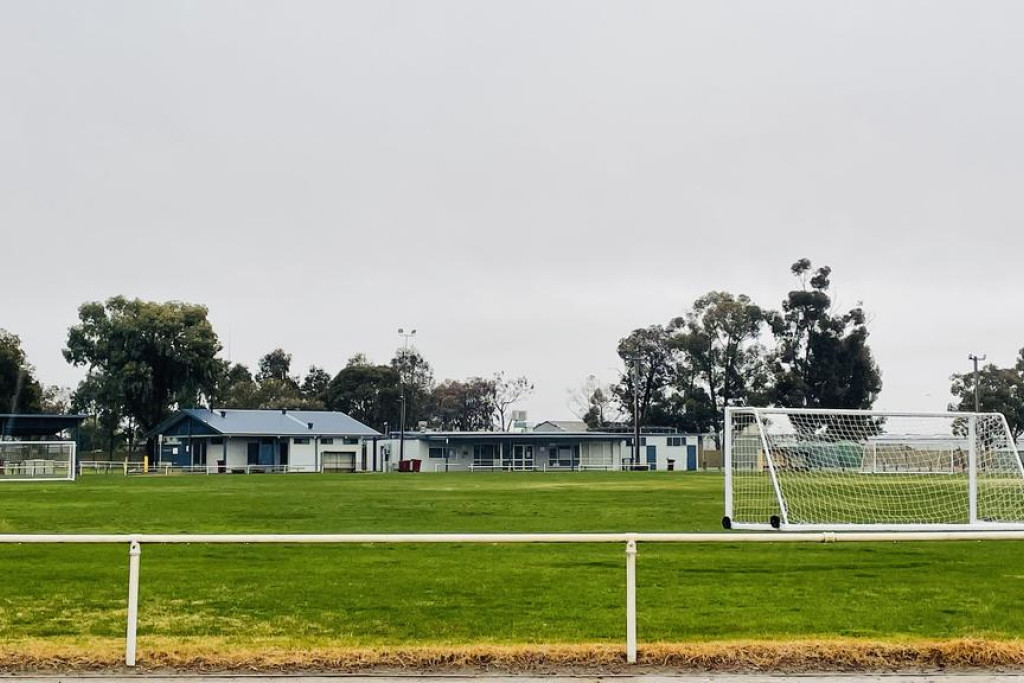General News
12 August, 2025
Council taps reclaimed water to drought-proof green spaces
The Horsham Rural City Council has been seeking ways to maintain green spaces around the municipality, with drought-proofing a vital part of the discussion.

The Horsham Rural City Council has been seeking ways to maintain green spaces around the municipality, with drought-proofing a vital part of the discussion.
With that in mind, the council has secured a supply of reclaimed water to be used at selected sites in Horsham.
"The council has been working closely with GWMWater on enabling the supply of reclaimed water at various sites in Horsham," a HRCC spokesperson said.
"The use of reclaimed water will provide a cheaper and reliable ongoing water source for these parks, and will enable the second oval at Dudley Cornell to be watered."
Currently, Langlands and Dudley Cornell Parks have been earmarked for use of this water supply.
"The use of reclaimed water is not considered safe for drinking," the spokesperson said.
"However, it is considered safe for watering in these locations.
"To mitigate the minimal risks to the community, stakeholders, and staff, the council has prepared a detailed plan reviewed by GWMWater in accordance with EPA requirements for the use of this water.
"Key measures include shutting off the watering during periods of high wind, watering at night, signage to alert the community to the use of reclaimed water, and immunisation for staff who are responsible for the irrigation setup."
The council also wished to note that the historic supply to Dudley Cornell has included recycled storm water from Police Paddock basins, which has a water quality that is similar in many respects to the reclaimed water from the GWM Water supply.
New water recycling infrastructure in Horsham, funded by the state and federal governments, was announced in February 2025.
This infrastructure will help parks and gardens stay green and support Victoria's world-class agricultural research.
The completion of the $11.8 million Horsham SmartWater and Integrated Water Management project, including new water recycling infrastructure at the Horsham Wastewater Treatment Plant, provides more recycled water to the region.
The project included the construction of a new network of pipes through the city of Horsham, with connections to green spaces such as parks, ovals, the cemetery, and the racecourse, providing up to 126 mega litres of recycled water for irrigation per year, reducing the need to use valuable drinking water.
Using more diverse sources of water, such as recycled water, ensures a water supply for open spaces during dry spells, delivers environmental and economic benefits, and bolsters the region's long-term water security.
Horsham Rural City Council mayor Ian Ross said he supported the plan, especially as the recent drought has been a reminder of the valuable commodity water is, and we all need to conserve and reuse where we can.
"With the systems we have to treat wastewater, we can reuse and recycle and keep our green spaces watered and usable for the community, as well as conserving water," he said.
"The three categories of treated water mean that we can be specific in its uses."
Recycled water is water from sewerage systems or industry processes that has been treated to an appropriate standard for its intended use. Recycled water is also called reclaimed wastewater and is graded into three classes for specific usage.
Class A can be used for non-potable home use, food crops, and firefighting.
Class B can be used for non-food crop irrigation, turf farms, forestry, and public parks, and Class C can be used for agricultural purposes.
It undergoes treatment to reduce contaminants and pathogens, but may not meet standards for human contact for food crops.
The Australian Guidelines for Water Recycling state these classifications help ensure that recycled water is used safely and efficiently while contributing to sustainable water management practices in Australia.